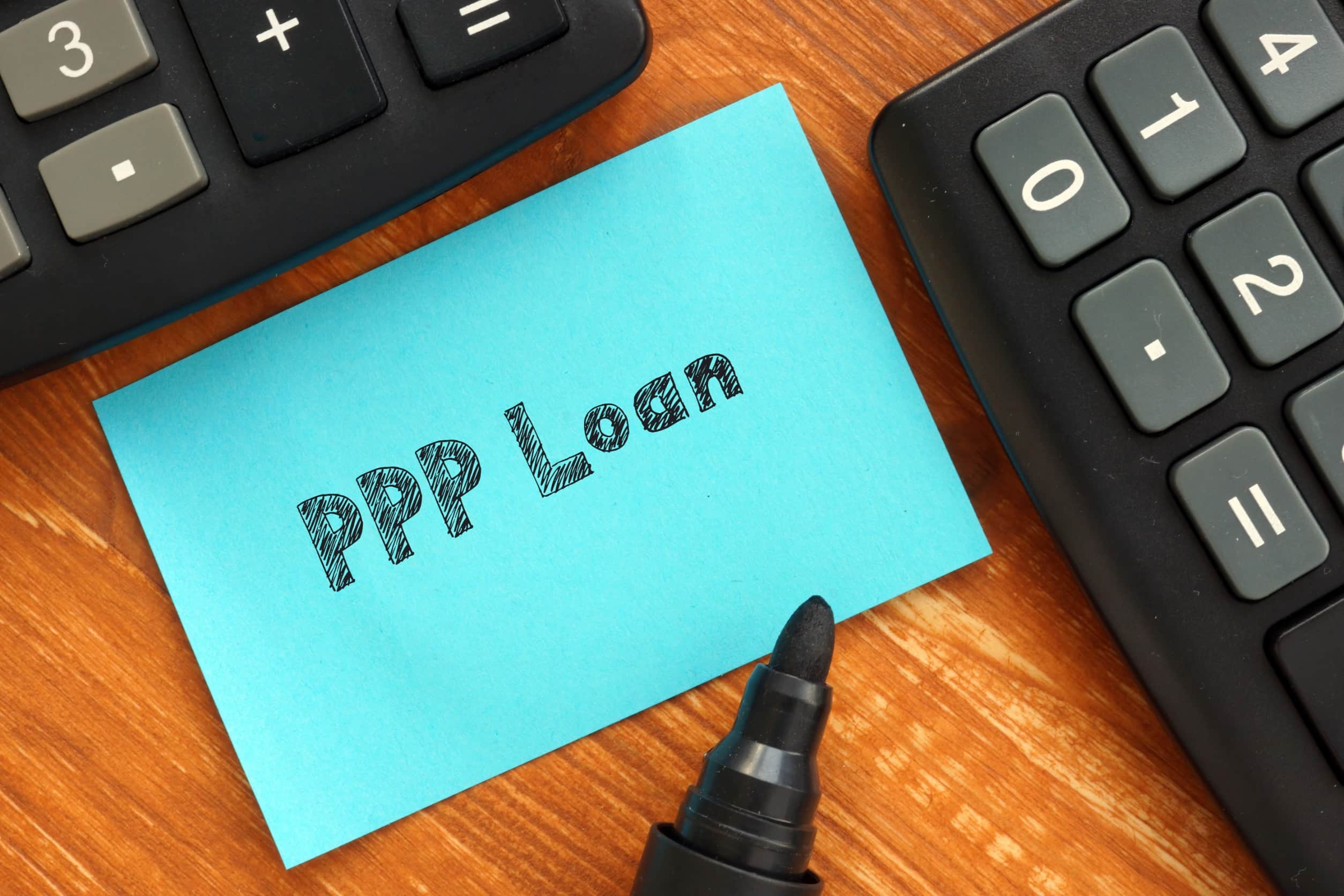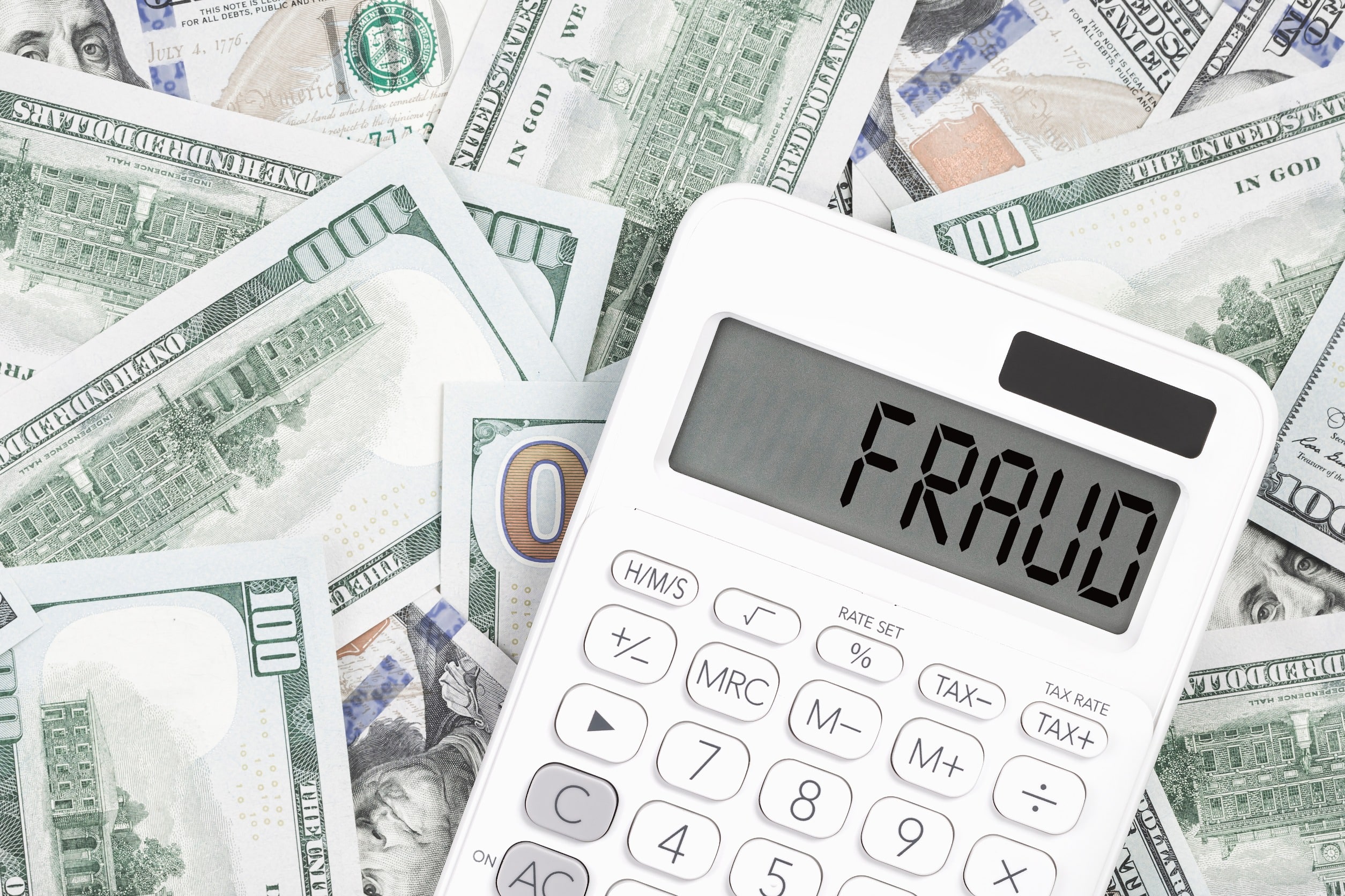 The last few years have been difficult for many people because of the COVID pandemic, but business owners have encountered unique challenges. That’s why Congress signed the Coronavirus Aid, Relief, and Economic Security Act into law in March 2020.
The last few years have been difficult for many people because of the COVID pandemic, but business owners have encountered unique challenges. That’s why Congress signed the Coronavirus Aid, Relief, and Economic Security Act into law in March 2020.
Part of the relief offered by the CARES Act was the Paycheck Protection Program. Unfortunately, many people took advantage of PPP loans and fraudulently collected them, including Texans. Federal law enforcement agencies are now investigating who they believe committed PPP loan fraud and prosecuting them.
What does that mean to get accused of PPP loan fraud? And what can you do about it?
The following information will provide an overview of the various ways fraud occurred within this program and how you can protect yourself from accusations of fraud.
What Is the Paycheck Protection Program?
The Paycheck Protection Program is designed to provide financial assistance to small and medium-sized businesses facing financial strain due to the impact of COVID on the economy. It had almost $350 billion in funds to disperse, and they were gone as people took advantage of the program.
The program ended in May 2021, but the fixed-rate loans twice injected life into the economy. For the loan to be secured, the borrower did not have to provide any personal guarantee or collateral.
Fraud Associated with PPP Loans
The origination process of PPP loans is processed quickly. The checks and balances typically used in federal government programs were overlooked to speed up the process. The lack of due diligence led to quite a few instances of fraud. Some of the most common types of fraud associated with the program include
Application Fraud
Multiple criteria required to meet the PPP loans. Still, some people misrepresented the information on their applications. They may have lied about the number of employees the business had, mispresented their employees as independent contractors to meet the threshold, and distorted the cost of payroll so that they could get a larger loan.
Dishonest Loan Certification
The applicants for PPP loans were also required to certify different aspects of their business, all made in good faith without the regular checks in the system. For example, they had to ensure that the loan supported ongoing operations and funds used to maintain payroll. Operational costs include keeping workers and making lease, utility, or mortgage payments. They also had to affirm that they would not get any other PPP loans and that all information they provided was accurate and true. Lying at any point can be a fraud on PPP loan applications.
Using Funds for Ineligible Purposes
The proceeds of a PPP loan are required to fund specific purposes related to payroll, mortgage obligations, or to pay for utilities for the business. If the proceeds of a PPP loan support other purposes, it’s fraud.
Penalties
If you have committed fraud concerning PPP loans, you may have to pay very hefty fines. For example, falsifying information on your application so you can get a loan can result in a fine of as much as $250,000. The federal government may also bring civil actions.




